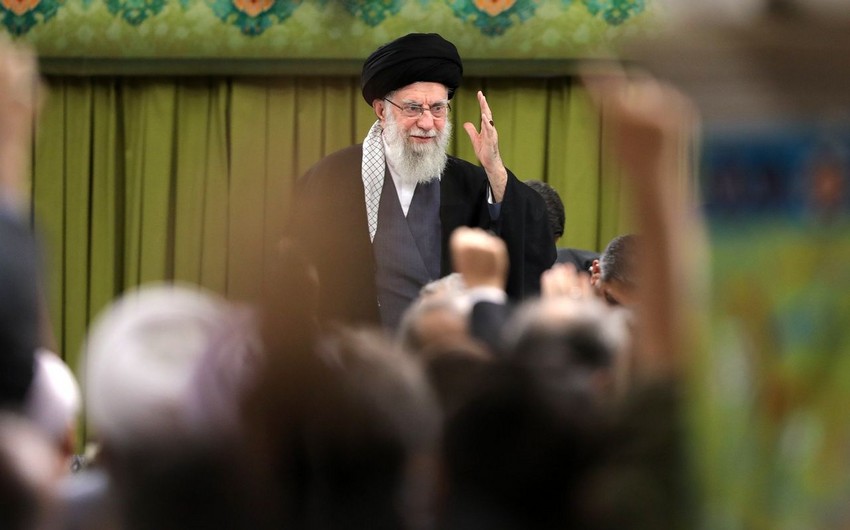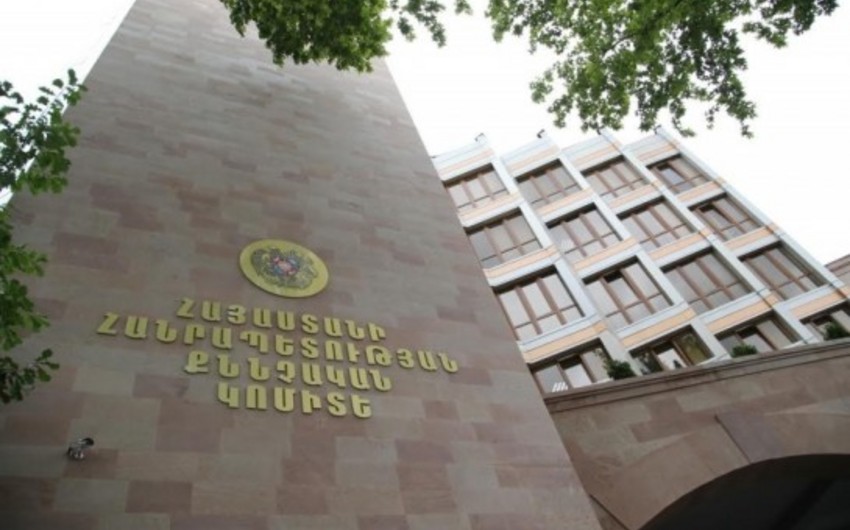In an interview with Ednews, British political expert Neil Watson emphasized the profound implications of the withdrawal of Russian 'peacekeepers' from the South Caucasus region. He suggested that Azerbaijan strategically leveraged Russia's expansionism to its advantage.
Watson outlined several key points:
"Firstly, it shows that Russia has finally relinquished any long-held views that the South Caucasus remains in the Russopheric orbit. For the first time ever, Russia is not a dominant force in the region. Armenia has moved towards the West, while Azerbaijan asserts its independence, having capitalized on Russian expansionist mentality for its short-term protection.
Secondly, it reaffirms that peace talks will remain purely bilateral. Any attempts by Armenia to seek Western support are rendered meaningless. Azerbaijan, backed by Turkey and Israel, maintains dominance.
Thirdly, the removal of Russia from the region signifies the end of the Iran-Russia anti-Azerbaijani axis, consigning it to the dustbin of history.
Lastly, Russia's attention remains divided due to its ongoing conflict with Ukraine, while Iran grapples with tensions with Israel. This distraction enhances Azerbaijan's position on the path to bilateral peace, as evidenced by the return of four villages, indicating Azerbaijan's role in shaping and implementing the peace agenda."
The withdrawal of Russian 'peacekeepers' marks a pivotal moment in the geopolitical landscape of the South Caucasus, with far-reaching implications for regional dynamics and peace negotiations.










